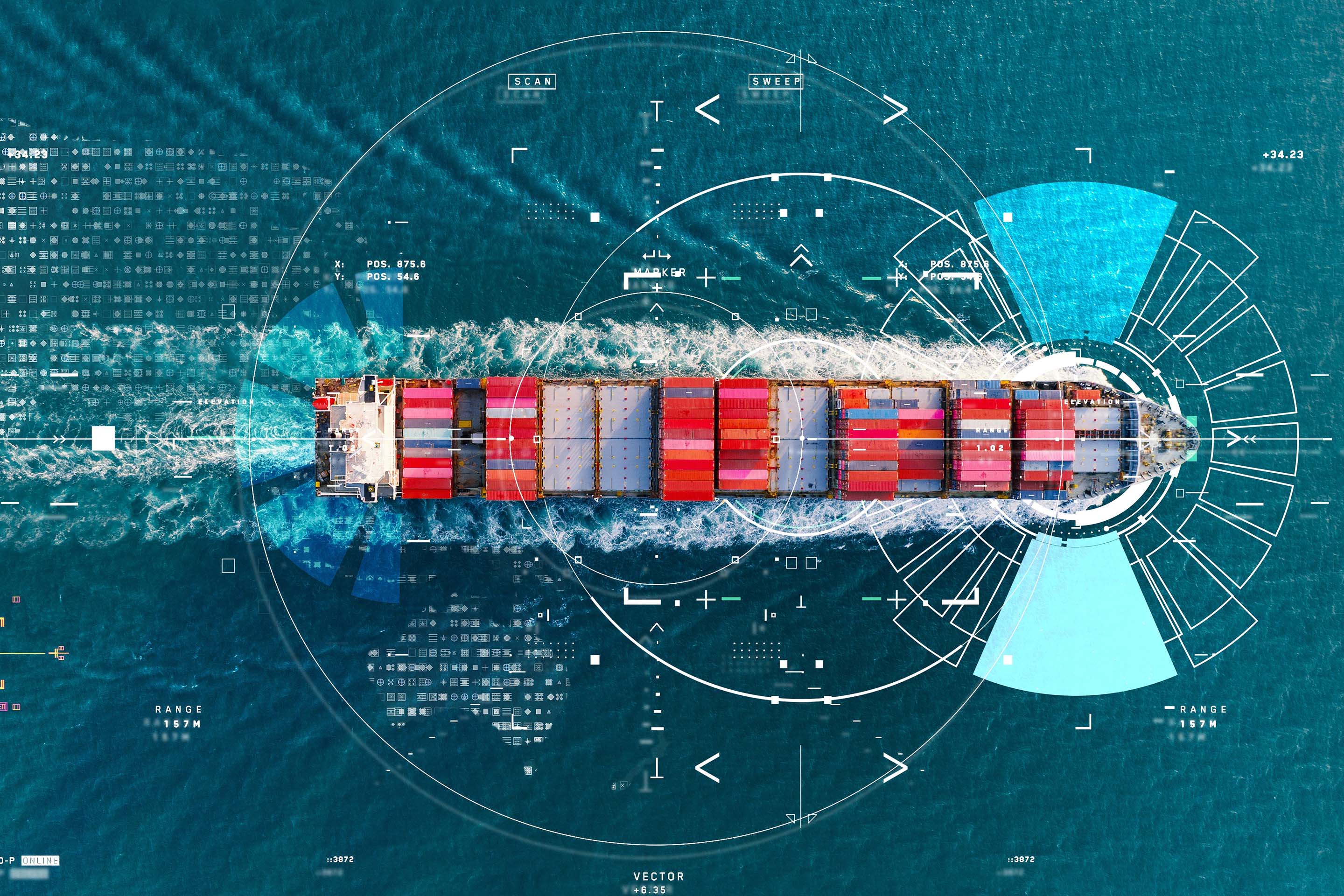Accelleron’s digital solutions can help maritime companies to tackle stringent emissions and decarbonization targets, mitigating high fuel costs and reducing the environmental footprint of ship owners and operators. Better yet, these digital solutions can fit within existing platforms.
Accelleron recently announced a partnership with HD Hyundai Marine Solution (HD HMS) to provide digital solutions for the company’s Integrated Smartship System (ISS). The deal provides access to Accelleron’s Turbo Insights, a solution that delivers up-to-date visibility of turbocharger performance through a compressor map chart and performance KPI.
It’s a great example of the difference that digital solutions can make when it comes to engine and turbocharger optimization, and it’s also a great example of how Accelleron’s digital solutions can be embedded within existing proprietary systems, such as HD HMS’s Smartship platform.
In this case, the integration was relatively simple, and Accelleron’s President of Digital, Cristian Corotto, explains: “HD HMS have their own protocol for data transfer, and it’s integrated via API. This makes it straightforward for us to work with them, process the operational data and integrate solutions such as Turbo Insights within their existing systems.”
It’s also a symbiotic relationship, Cristian says, where Accelleron can learn from its partners. “Because HD HMS is co-developing the engine solution with us, we also have the opportunity to improve our Analytic Models. For us, it’s an opportunity to learn from HD HMS, but it’s also an opportunity for them to reach the market with our solution.”
Shailesh Shirsekar, Head of Digital Sales, adds: “This is also a classic example of an OEM engine builder deciding not to develop their own solution, but instead to get a digital solution from Accelleron because they trust our expertise.”
How third-party digital solutions can drive down costs
Such integration is particularly important where proprietary systems are widespread. It’s an industry where lots of companies have developed their own systems, Cristian admits, but one where it makes increasing sense to turn to third parties such as Accelleron for digital solutions.
“Whether you’re developing a digital solution for one vessel, or for 35,000 vessels, it’s most likely to have the same complexity,” Cristian explains. “Whereas if you’re developing solutions for your own fleet, you need to maintain and adapt your software, and eventually this becomes a massive cost – you’ll struggle to see any monetary benefit. That’s when it makes sense to use a solution that’s already on the market, as it’s much cheaper than developing your own.”
 Cristian Corotto, President of Accelleron's Digital Division
Cristian Corotto, President of Accelleron's Digital Division
The challenges of developing proprietary systems
“It’s a question of make or buy,” Shailesh adds. “If you’re developing a platform on your own, that’s one cost, but then you also need to add new features and adapt the product according to the market requirements. The regulations keep changing – how do you keep on top of all of those changes? Here’s where it can make more sense to outsource to the experts who have such knowledge as a core competency.”
“There are many solutions developed by shipping companies, but would you want to outsource your data to a company hosted by your competitor,” asks Cristian. “As an independent company, Accelleron makes it possible to benchmark fleets without sharing data with competitors.
“There are also lots of other factors to consider,” says Cristian, “such as data, cyber security, and regulations. Understanding what you can do with data, for example, or the need to follow GDPR regulations and cyber security requirements.
“All of these things are standard for a digital company, and we understand how they work. They’re not so familiar for businesses that operate in different industries, however, and it’s something else that customers developing their own solutions need to understand and get to grips with.”
With updated decarbonization targets from the IMO including net-zero greenhouse gas emissions (GHG) by 2050, we’re only likely to see more ship owners and operators look to embed digital solutions within their engine management systems, providing new ways to optimize fleets for more efficient performance.
As such, interoperability with solutions such as Accelleron’s Turbo Insights and Tekomar XPERT will become increasingly important, helping customers to meet sustainability targets while driving down costs.
Image credit: Shutterstock/GreenOak














